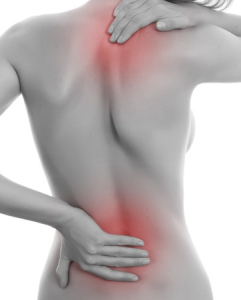 In many cases, back pain isn’t any cause for alarm. However, in rare cases, back pain can be a symptom of something more ominous. The question is, how can you tell the difference?
In many cases, back pain isn’t any cause for alarm. However, in rare cases, back pain can be a symptom of something more ominous. The question is, how can you tell the difference?
Chronic Back Pain
Chronic back pain is sadly very common in the US; though the good news is that a qualified neurosurgeon will be able to help. However, although unpleasant, chronic back pain is seldom a sign of anything life-threatening. Generally, even sharp pains in the back are symptomatic of chronic back pain, which often reassures those who are alarmed by the severity of the discomfort.
Sudden Symptoms You Should Never Ignore
There are, however, types of back pain that are associated with more serious conditions. If you ever experience any of these symptoms, you should seek medical attention immediately. These include:
- Pain after injury. Any type of injury to the back should always be taken seriously, especially if it’s followed by pain. This could be a sign that you’ve fractured your spine, and may need medical care urgently.
- If you experience numbness around the lower back, particularly in the buttocks or groin, this can be an indication of spinal cord injury. Likewise, if you find yourself suddenly losing control of your bladder or bowel, this can also suggest injury to the spine, and it’s vital to seek medical help as quickly as possible.
Chronic Symptoms That Suggest Something More Serious
Pain in your lower back is likely to be nothing to worry about. However, if you notice any of the following, book a visit to a neurosurgeon or your GP as quickly as possible.
- The pain remains the same (or gets worse). If you find that the pain is still bad, or is getting worse, even after resting the back; it’s a good idea to speak to a medical expert, to try to get to the root of the problem.
- It’s been going on for weeks. Nobody should have to endure back pain for weeks on end. If you’ve been suffering for over 6 weeks, it’s important to get it checked out.
- It’s painful to touch. If it hurts even to touch the back lightly, this indicates that something is not right. As a result, you need to get your back seen by an expert as quickly as possible, in order to rule out any serious underlying cause.




